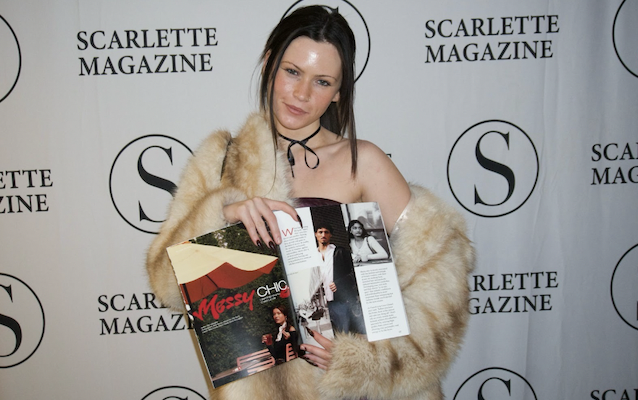
In the world of fashion, there are few figures as distinctive as Iris Apfel.
With her oversized glasses, layers of colorful accessories and bold sense of style, Apfel has captured the imagination of fashion connoisseurs around the globe. However, Apfel’s life, legacy and influence extend far beyond her exploration of her kaleidoscope wardrobe.
Apfel died, last week, on March 1, in her home in Palm Beach, Florida at the age of 102, but her story will continue to live on through her fashion legacy.
Born in 1921 in New York City, Apfel was exposed to the bustling creativity and individuality that her Queens neighborhood had to offer.
According to the New York Times, Apfel had exposure at a young age leading to her express interest in fashion and design; often experimenting with different fabrics, textiles, textures and colors for her creations. This spirit of experimentation would become a hallmark of her long-standing career success and style legacy.
After studying art history at New York University and attending the University of Wisconsin, Apfel began her career as an interior designer. Through her work in interior design, Apfel developed a taste for rich colors, patterns and textures which would later inform her approach to fashion.
A momentous step in her career was the founding of her textile company, Old World Weavers, in 1950. The company was known for its restoration of fabrics and intricate designs.
Over the years many of the textiles were featured in the White House as she restored everything from curtains in the Oval Office to furniture in the President's Suite for nine different presidents.
Upon retirement, one could find her walking the streets of New York City in her curated ensembles that were irreplicable on the runway. Despite her success in the world of interior design, it wasn’t until later in life that Apfel received her flowers and rose to fame as a fashion icon.
In 2005, at the age of 84, she was thrust into the spotlight with the release of the documentary film “Iris,” by director Albert Maysles.
The film offered a glimpse into Apfel’s eccentric world, showcasing her larger-than-life personality and unapologetic sense of style. Later that same year Apfel became a saving grace for The Metropolitan Museum of Modern Art in New York City, serving as a last-minute replacement for another artist who had dropped out.
Her 2005-2006 exhibit, “Rara Avis: Selections From the Iris Apfel Collection” featured over 300 accessories and 82 style arrangements from her own wardrobe, which, according to the New York Times, had never been done before.

A few years later, in 2018, the collection inspired Mattel to create a Barbie doll inspired by Apfel and the exhibit.
Apfel’s influence has permeated every corner of the fashion industry being admired by fashion's greatest from Giorgio Armani to Karl Lagerfeld.
For Apfel, fashion was not about following trends or adhering to conventional standards of beauty but about embracing one’s own identity.
“When you don’t dress like everybody else, you don't have to think like everybody else,” Apfel once said in an interview with New york Times.
Apfel’s influence extends far beyond her personal style; she has also taken the industry by storm, leaving her mark seemingly overnight.
In recent years, she has collaborated with major brands such as MAC Cosmetics and Swarovski, lending her signature flair to everything from makeup collections to jewelry inspirations.
Her partnerships with iconic brands have only helped further solidify her status as a fashion icon and have catapulted her timeless aesthetic onto a new generation of fashion enthusiasts.
In addition to her work in fashion, Apfel is also known for her philanthropy and advocacy efforts and has long been a supporter of arts and education initiatives.
Apfel was known to use her social media platforms to champion causes related to aging, diversity and inclusion in the fashion industry. Through her philanthropic work, Apfel sought to create opportunities for young designers and artists while challenging stereotypes and shifting the status quo in the world of fashion.
With her fearless approach to style, Apfel transcended the boundaries of all conventions, and her influence on the fashion world will not soon be forgotten.


